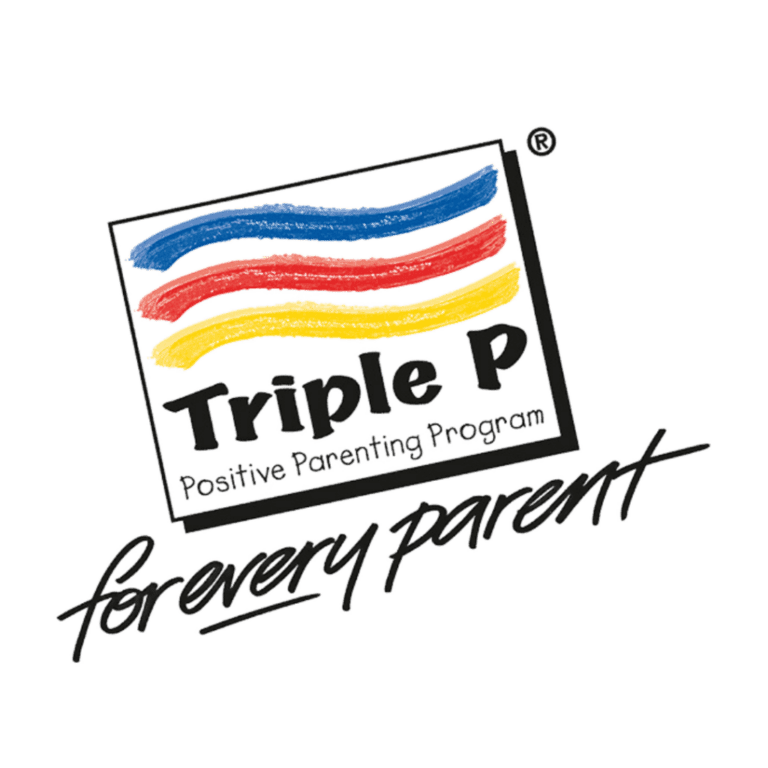Unlocking Your Child’s Potential: The Role of Psychological and Neuropsychological Evaluations in Homeschooling
Homeschooling offers a unique opportunity to tailor education to your child’s needs, but it also comes with challenges—like spotting learning or developmental issues without the built-in support of a traditional school. Psychological and neuropsychological evaluations can be game-changers, providing a clear picture of your child’s strengths and struggles. This article explores why these evaluations matter for homeschooled children, what the process entails, and how you can use the results to create a thriving learning environment.
Why Evaluations Matter for Homeschoolers
Homeschooling’s flexibility is a strength, but it can make it tricky to identify issues like dyslexia, ADHD, or anxiety without the regular feedback teachers provide in traditional settings. Psychological evaluations assess mental health and behavior, while neuropsychological evaluations dive into cognitive skills like memory, attention, and problem-solving. Together, they offer a roadmap to understanding your child’s unique needs.
Research shows that about 1 in 6 U.S. children have developmental disabilities, per the CDC. For homeschooled kids, early identification through evaluations can lead to targeted interventions—think specialized reading programs for dyslexia or math strategies for dyscalculia. The National Home Education Research Institute reports that homeschooling grew from 2.5 million students in 2019 to 3.1 million in 2021-2022, partly due to the pandemic. With this rise, the need for tailored support has never been greater, especially since 34% of homeschooling parents cite a child’s disability as a key reason for choosing this path, according to the Coalition for Responsible Home Education.
Evaluations don’t just spot problems—they empower you to build on your child’s strengths, monitor progress, and intervene early, which studies show improves outcomes for kids with disabilities. Without a school’s safety net, these assessments become your expert ally.
The Evaluation Process: What to Expect
So, what happens during an evaluation? It’s a thorough process, typically spanning several hours across one or more sessions, conducted by a licensed psychologist or neuropsychologist. Here’s a breakdown:
- Tests: Standardized assessments measure intellectual abilities, attention, memory, language, and more.
- Interviews: You’ll discuss your child’s history, milestones, and behaviors.
- Observations: The evaluator watches how your child approaches tasks.
Johns Hopkins All Children’s Hospital explains that these steps pinpoint strengths—like a knack for visual learning—and challenges, such as slow processing speed. Preparation is simple: ensure your child is rested, bring records (medical, educational, or behavioral), and fill out any pre-session forms.
Costs vary, but some insurance plans cover part or all of the expense, as noted by the American Psychological Association. Yes, it’s a time commitment, but the payoff—detailed insights into your child’s needs—is worth it.
Turning Results into Action
Once the evaluation’s done, you’ll get a report with findings and recommendations. This isn’t just a diagnosis—it’s a toolkit. For example:
- Personalized Education Plans: If your child has ADHD, you might break lessons into bite-sized chunks or use timers.
- Resource Connections: The report might suggest speech therapy or tutoring.
- Progress Tracking: Reassess later to see growth and tweak strategies.
The Child Mind Institute highlights that these results show how your child learns best, offering practical steps you can implement at home. Imagine discovering your 7-year-old’s math struggles stem from dyscalculia—suddenly, you’ve got a plan: specialized tools and a tutor. Or consider a 10-year-old with anxiety; therapy recommended in the report could transform their confidence. These aren’t just hypotheticals—they mirror real outcomes backed by research on early intervention.
Overcoming Common Concerns
Let’s tackle the hurdles:
- Cost: Evaluations can be pricey, but check with your insurance—you coverage might be more (or less!) than you might think. Additionally, approximately 7 out of 10 individual health insurance plans offer Out-Of-Network (OON) mental health benefits. The long-term savings (like avoiding bigger interventions later) often outweigh the upfront expense.
- Stigma: Worried about labels? Evaluations aim to support, not judge. As iHomeschool Network points out, avoiding diagnosis can breed shame, while understanding needs fosters growth.
- Time: Yes, it takes a day or two (or three!), but those hours unlock years of better strategies.
The benefits—clarity, tailored education, and peace of mind—far outweigh these concerns.
Practical Tips for Homeschooling Parents
Ready to take the plunge? Here’s how to start:
- Find the Right Evaluator:
- Seek a licensed professional with experience evaluating homeschooling students.
- Ask: “What’s your background with homeschooled kids? What tests do you use? What’s the cost and timeline?”
- Prepare:
- Gather records and observations.
- Explain the process to your child to ease nerves.
- Tap Resources:
- Check out the National Home Education Research Institute (NHERI) or Homeschool Legal Defense Association (HSLDA) for support.
Real-Life Impact: Success Stories
Picture Emma, a 7-year-old homeschooler floundering in math. An evaluation revealed dyscalculia, and with targeted resources, she’s now thriving. Or Michael, 10, whose social anxiety held him back—post-evaluation therapy turned him into an eager learner. These stories, grounded in research from Developmental Pediatrics NJ, show how evaluations can pivot a child’s trajectory.
Conclusion: Your Next Step
Psychological and neuropsychological evaluations are more than tests—they’re a lifeline for homeschooling parents, ensuring your child gets the education they deserve. At Huntington Psychological Services in Pasadena, CA, we’re here to help with evaluations designed for homeschooled kids. Connect with us and schedule a free consultation or email us at office@huntingtonpsych.com. Reach out today to learn more about how we can support you.
Key Resources
- National Home Education Research Institute: nheri.org
- CDC: cdc.gov/actearly
- Child Mind Institute: childmind.org
- American Psychological Association: apa.org








